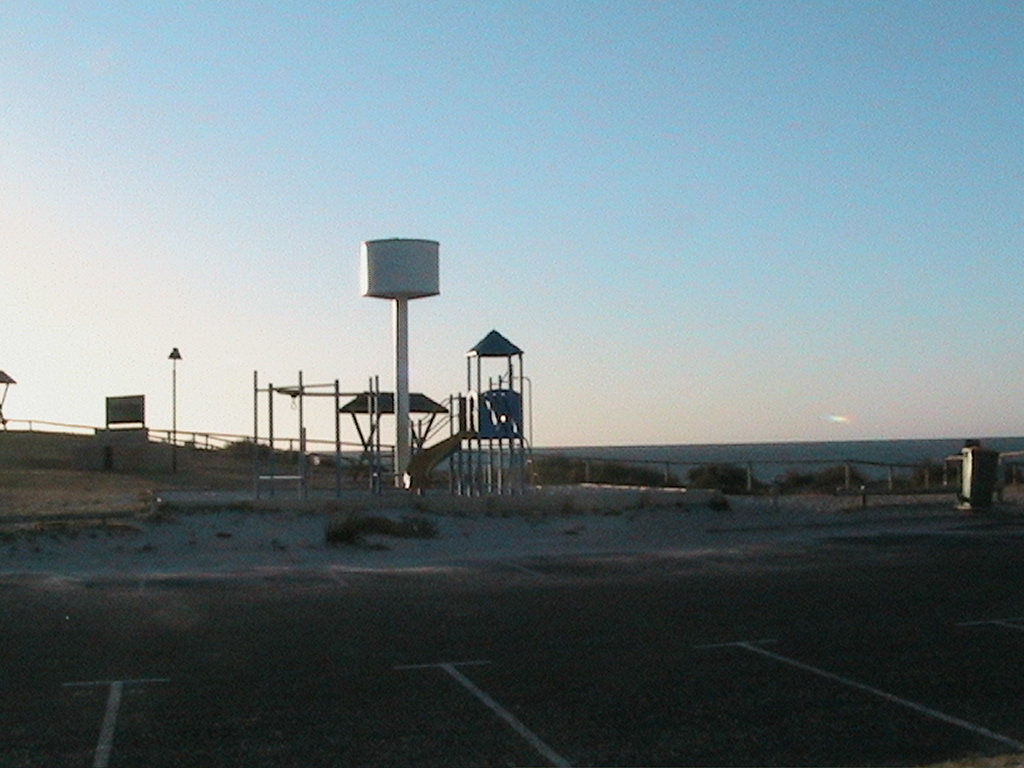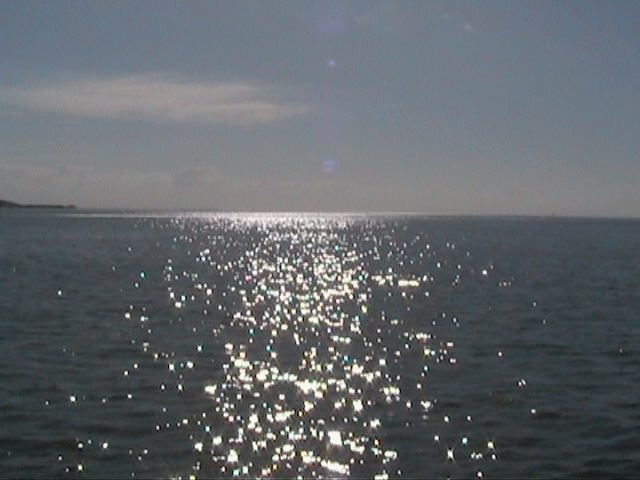Western Australia’s fishing industry is split on the electoral commitment to alter mandatory catch reporting requirements.


Western Australia’s fishing industry is split on the electoral commitment to alter mandatory catch reporting requirements.

Advanced technology enhancement for Australia’s Bushmaster vehicles to address the increasing drone threat.

Population Density Map Australia is vast, yet most of its population is concentrated in just two primary areas.

Five years after COVID was declared a pandemic, we remain inadequately prepared for the next one.
The division within the WA fishing sector over the election promise to change mandatory catch reporting highlights the complexities of balancing sustainable fisheries management with the interests of local fishers. On one hand, proponents of the change argue that it could reduce the regulatory burden on fishers and encourage more participation in the industry. They may believe that a less stringent reporting system could lead to greater flexibility and innovation within the sector.
Conversely, those opposing the change likely emphasize the importance of accurate data for managing fish stocks sustainably. Mandatory catch reporting plays a crucial role in ensuring that fishing practices do not harm marine ecosystems and that fish populations remain healthy for future generations. The opposition may argue that loosening these requirements could jeopardize the long-term viability of both the industry and the environment.
Ultimately, it’s essential for stakeholders to engage in constructive dialogue to find a middle ground that ensures both the prosperity of fishers and the sustainability of WA’s marine resources. Balancing economic interests with environmental responsibility will be key to the future of the state’s fishing sector.